Can Sepsis Cause Food to Taste Funny
Slideshow: What is Sepsis? Symptoms, Treatment, and More
Medically Reviewed by Melinda Ratini, DO, MS on October 06, 2020
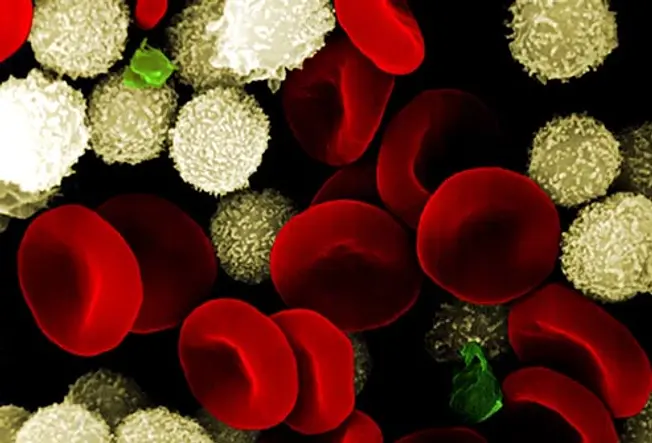
Sepsis: The Basics
1/11
Sepsis is an extreme response to an infection. Your body sends a flood of chemicals into your bloodstream to fight the threat. This causes widespread inflammation which, over time, can slow blood flow and damage your organs. Sometimes sepsis can be life-threatening, especially if it moves to its later stages -- severe sepsis or septic shock. It's important to get help ASAP if you think you have it.

Symptoms
2/11
If you have sepsis, you already have a serious infection. Early symptoms include fever and feeling unwell, faint, weak, or confused. You may notice your heart rate and breathing are faster than usual. If it's not treated, sepsis can harm your organs, make it hard to breathe, give you diarrhea and nausea, and mess up your thinking.
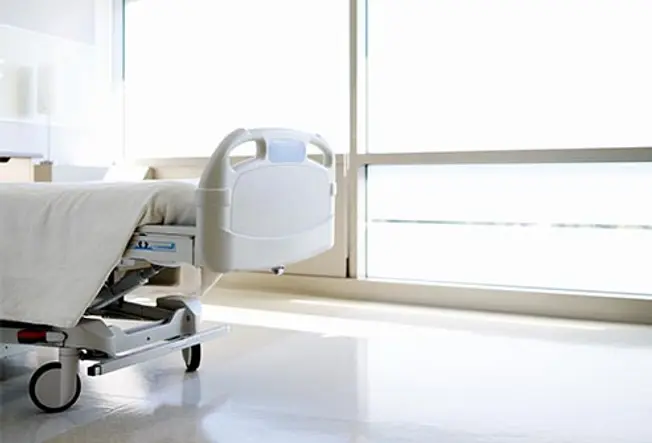
Who Gets Sepsis?
3/11
It's most common among the elderly, people with a long-term illness (like diabetes or cancer), those with a weakened immune system, and babies less than 3 months old. If you have sepsis you'll need to be in the hospital to get proper treatment.
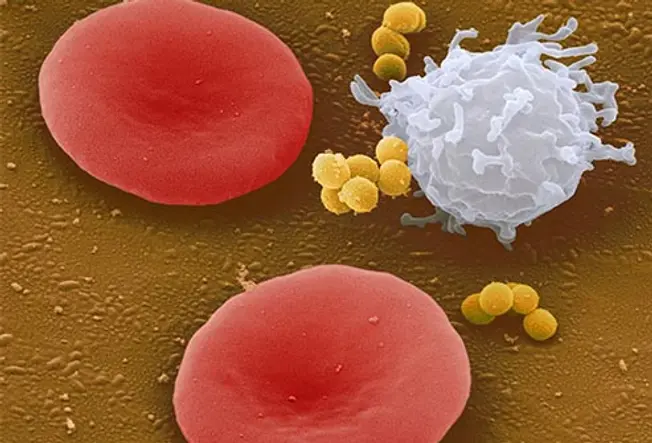
How Do You Get It?
4/11
You can't catch sepsis from someone else. It happens inside your body, when an infection you already have -- like in your skin, lungs, or urinary tract -- spreads or triggers an immune system response that affects other organs or systems. Most infections don't lead to sepsis.

Sepsis and Pregnancy
5/11
It's rare, but sepsis can happen when you're pregnant or shortly after pregnancy. Infections can come from bacteria that grow in the birth canal during pregnancy, or from an infection during vaginal births, cesarean sections, or abortions.
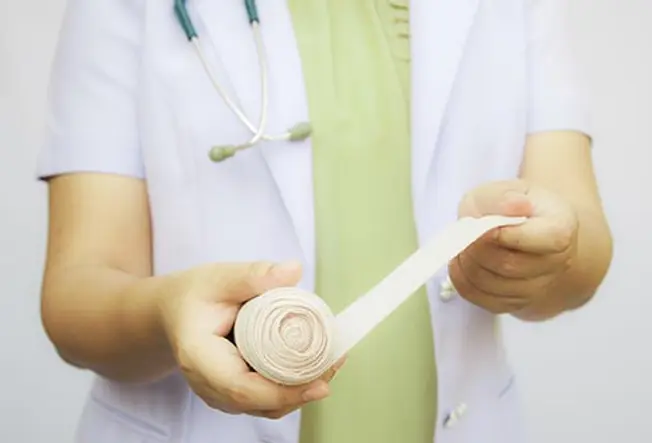
Sepsis From Wounds and Burns
6/11
Wounds, sores, or burns make sepsis more likely. When your skin is torn, bacteria on the outside can get inside. A burn that covers a large area can also throw your immune system out of whack. Most of the time, you're not going to get sepsis when you have a cut or wound. Your body can usually repair itself, with treatment from your doctor if needed.
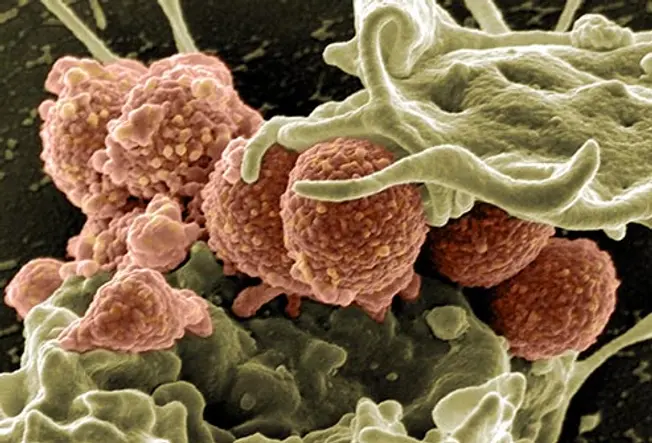
Sepsis From MRSA
7/11
MRSA (methicillin-resistant Staphylococcus aureus) is a staph bacterial infection that resists many types of antibiotics. If it isn't treated, it can turn into sepsis. When it's on your skin, MRSA doesn't often cause serious problems. But if it gets into your body through a wound, it can.
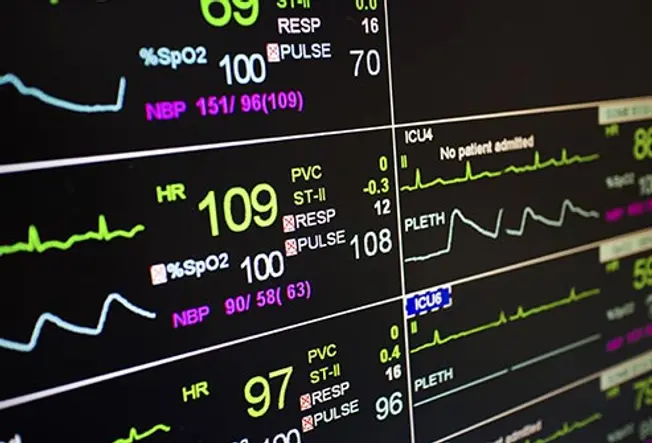
Septic Shock
8/11
The most severe stage of sepsis is called septic shock. The heart and circulatory system begin to fail, and blood pressure drops. This slows blood flow to all your organs, and they begin to do poorly. You'll be admitted to the hospital ICU to get around-the-clock care.

Diagnosis
9/11
To diagnose sepsis, your doctor will ask a lot of questions and examine you carefully. Do you have a fever? What is your heart rate? Are you breathing fast? Are you thinking clearly, or are you confused? They'll also do blood tests, and if needed urine tests, a chest X-ray, or CT scan. The earlier you find out and begin treatment, the better.

Treatment
10/11
Early, aggressive treatment of sepsis is best. You may be admitted to a monitored bed or most likely go to the ICU. Your doctor will start you on antibiotics to fight the infection. You'll also get IV fluids, oxygen, and medicine to keep your blood pressure from falling and to support your body.

After Sepsis
11/11
People with sepsis can fully recover, though they may be more likely to get it again. Whether there are lasting effects depends in part on your age, whether you have a long-term disease, or how quickly you got treated for sepsis.
IMAGES PROVIDED BY: (1) Photo Researchers / Getty Images SOURCES: Angus, DC, Critical Care Medicine, July 2001. CDC: "Sepsis Questions and Answers." Mayo Clinic: Diseases and Conditions Sepsis "Symptoms." MRSA Survivors Network. National Institutes of Health: "Sepsis Fact Sheet." Sepsis Alliance: "Amputations," "Sepsis and MRSA," "Sepsis and Pregnancy." Lieu, V. The Journal of the American Medical Association, May 18, 2014. Donald M. Yealy, MD, professor, chair, University of Pittsburgh Department of Emergency Medicine, Pittsburgh, PA. Show Sources
(2) iStock
(3) Taxi
(4) Juergen Berger / Science Source
(5) Thinkstock
(6) Thinkstock
(7) Science Source
(8) Thinkstock
(9) Brand X Pictures
(10) Thinkstock
(11) The Image Bank
Source: https://www.webmd.com/a-to-z-guides/ss/slideshow-sepsis-101